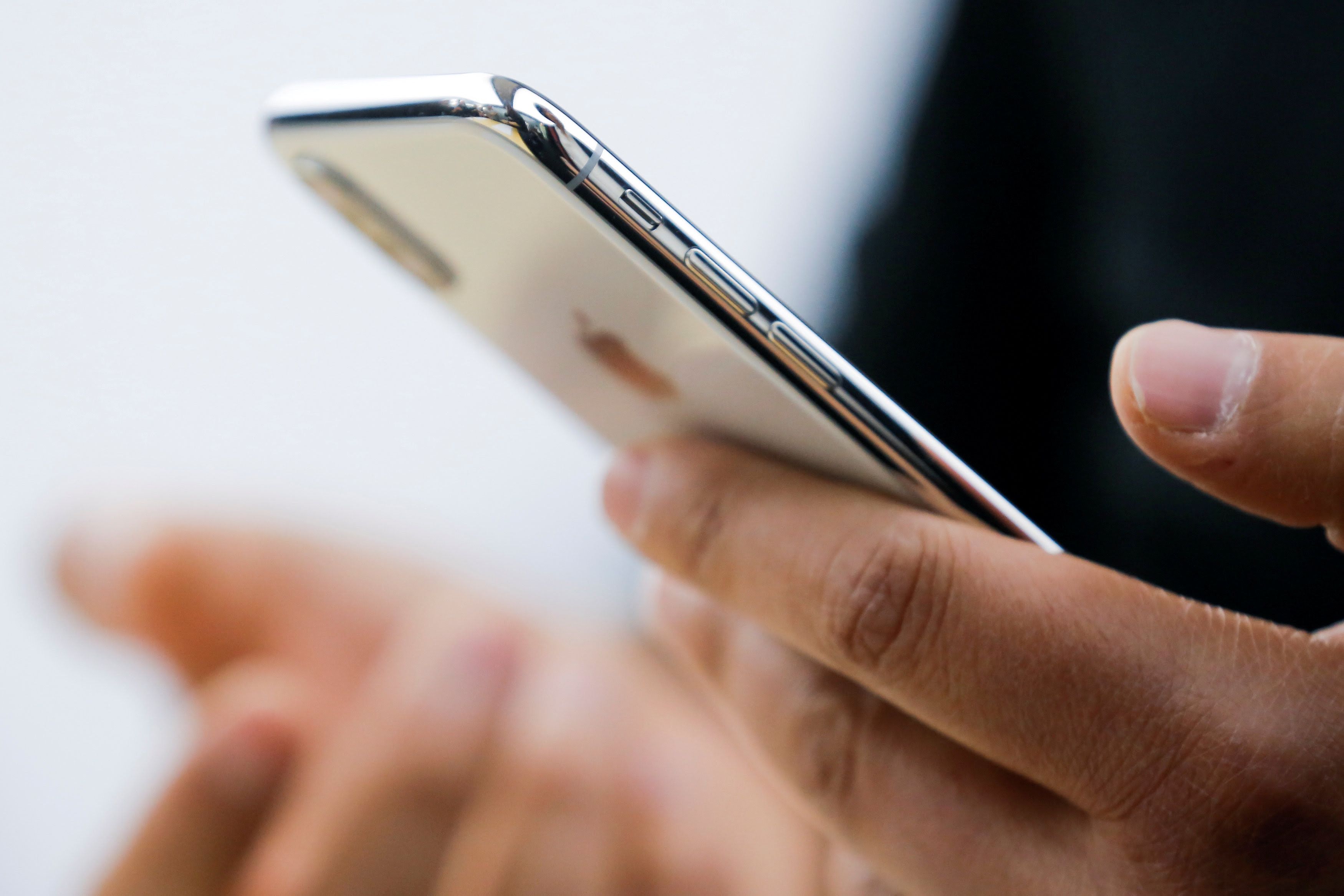September 12, 2018
We need to talk about the geopolitics of supply chains. Bear with me, here – this is an important story, and I’m going to explain why using the handy example of Apple’s iPhone. Over the weekend, Donald Trump went on Twitterto explain that if Apple wants to avoid the new tariffs his administration is preparing on billions of dollars of Chinese consumer goods, it should make its products in the US instead of China. “Start building new plants now,” the President said. “Exciting!”
If you’re one of the many readers out there reading Signal on your iPhone, you may have noticed the slogan on the back that says, “Designed by Apple in California. Assembled in China.” That isn’t just a clever marketing tagline, it summarizes an entire approach to running a modern technology business.
Supply chains are global: While Apple pays Silicon Valley types handsome salaries to design its phones and the software that runs them, it relies on 300,000 Chinese employees to assemble the final product with a level of precision and at a low cost that workers in the US can’t match. The phone itself is made of hundreds of component parts – some from the US and other countries, but also many sourced from factories and warehouses that have sprung up to serve a sprawling assembly facility in Shenzhen and the company’s “iPhone city” in Zhengzhou. Such intricately coordinated supply chains are what makes the iPhone and many other tech products affordable.Going local is costly: Moving production of the iPhone to the United States wouldn’t just be a matter of building a new factory and putting up a “Help Wanted” sign. It would involve shifting an entire production ecosystem that has taken years to develop and fine tune. That would be expensive – not just for Apple, but for consumers who would pay higher prices for the company’s products.
That’s unlikely to matter to Trump, or more hawkish members of his administration who want to pull the US and China apart technologically and bring manufacturing jobs back to the US. Any day now, the administration is poised to hit China with tariffs of up to 25 percent on another $200 billion of its goods – and it’s threatening tariffs on $260 billion more. Combined, the tariffs would account for all of China’s exports to the US. If China digs in its heels, which seems likely, the two sides could be in for a long fight. Just the threat of an extended period of tariffs could force many tech companies to make tough decisions about relocating production – if not moving entire ecosystems, then at least trying to move parts of their supply chains to other countries, like Vietnam or Mexico. That, too, would come at a cost.
This is part of a bigger story: It isn’t just about phones, or encouraging US companies to make stuff in the USA instead of China. The Trump administration has been arguing in favor of barring Chinese technologies from the US and other Western countries, too, as a part of a broader struggle for control of the technologies of the future. The US, Australia, Canada, and Japan have already either effectively banned the use of Chinese networking equipment in their next-generation “5G” data networks because of concerns about national security, or are considering doing so. The stakes are high, because 5G networks are what will make driverless cars, smart cities, and other economy-changing technologies possible. The decisions that companies and governments make over the next few months and years about whose equipment to use, or where to locate new factories could have big effects on the relative fortunes of US and Chinese suppliers, and even how these innovations develop over the long term.
But long before those decisions are made, you’ll start to feel the effects of the US-China tech and trade conflict in your wallet.
More For You
Think you know what's going on around the world? Here's your chance to prove it.
Most Popular
Donald Trump alongside Nigel Farage amid a television interview at his Trump Turnberry course in South Ayrshire during his visit to the United Kingdom, on May 3, 2023.
PA via Reuters
The US government will reportedly fund MAGA-aligned parties and think tanks in Europe. But with US President Donald Trump’s favorability in Europe so low, do they even want the money?
- YouTube
Zelensky agrees: elections matter #PUPPETREGIME
As more small businesses move sales, payments, and customer relationships online, they unlock new opportunities, but they also become easier targets for cyber-criminals and other threat actors.
© 2025 GZERO Media. All Rights Reserved | A Eurasia Group media company.
